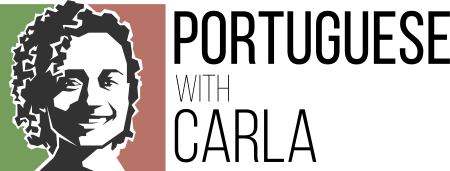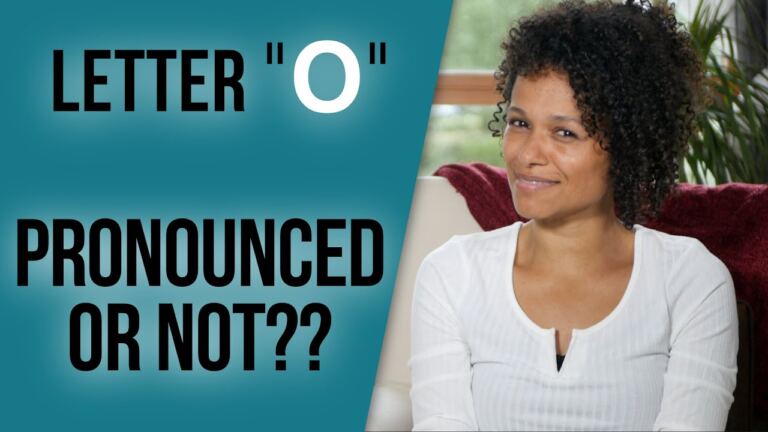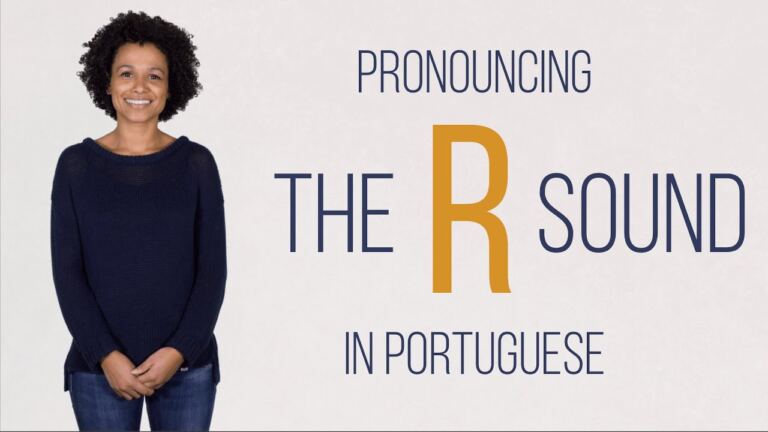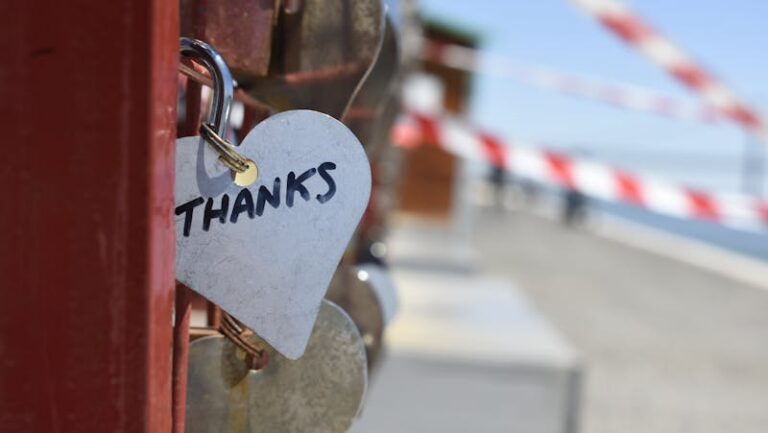Tricky Sounds of European Portuguese
In this “Basics of European Portuguese” video, I take you through a few more basic sounds, including diphthongs and other weirdly named, but essential tidbits for correct European Portuguese pronunciation.
Obrigada, Carla
Ready to become fluent in European Portuguese?
For the last decade, we’ve been working on putting together the best possible European Portuguese course. After much research, feedback from our students, and a number of iterations, we think we’ve got it! 😉
As a base, we used scientifically proven techniques to help with master pronunciation, phrase construction, oral understanding, grammar, and all the necessary bits to get you to fluency. At the same time, having learned foreign languages ourselves, we know the process needs to be engaging, varied, and enjoyable. The whole thing is presented as an adventure. It’s a course like no other, trust us!
Learn more about The Journey and start your free trial here.

![All the Types of Coffee served in Portugal [PT & EN subs]](https://portuguesewithcarla.com/wp-content/uploads/2022/02/All-the-Types-of-Coffee-served-in-Portugal-PT-EN-subs-768x432.jpg)





Carla where is Marlon 🤔😍
Maron Kaselekela Mwape he’s behind the camera 🙂
Thanks very helpful
Hello Carla, your videos are awesome. I was looking for some videos teaching European Portuguese and I found yours.
In the futur, is it possible to make video which concerns only the pronunciation? I mean the basic prononciation. I can hardly find this kind of video on youtube and some of them are not European Portuguese.
Thank you so much 🙂 – Support from France.
Quantum olá! do you mean the basic pronunciation of each letter? If so, you might wanna watch this video: https://youtu.be/_pYwFUiARJw
Let me know if it helps. I hope it does 🙂
Portuguese With Carla Olá, thanks for the link you mentioned. It was indeed helpful for me. I would like to know if you have videos talking about the phonetic. Vowels and consonants. Anyhow, thanks a lot for you response. Muit Obrigato!
Quantum regarding the phonetics of European Portuguese consonants and vowels, this video and the one I sent you the link for are the only ones we have for now. Glad you found them helpful 👍🏽
Olá, Carla e Marlon, e obrigado por esse vídeo fantástico. Queria saber quais são a programa/o equipamento que estás a usar para escrever no ecrã? Gosto muito deste efeito – acho que isso me ajudaria a ensinar as vogais aos meus alunos de inglês. Beijinhos!
PS. Strangely, “eu” sounds almost exactly like someone with a strong Cockney accent saying “ale.” This is perhaps not at all helpful but it tickles me. Baú is chest or trunk (as you no doubt checked after making the video, hehe).
Boas! É uma mistura de coisas mas nada complicado. 🙂 Usamos um iPad Pro para escrever e aplico o efeito de chroma key para poder meter um fundo diferente.
Excelente! Muito obg.
you are a wonderful person, carla!
Eu- almost like english “ew” this is how I remember the pronunciation on this😁
lol same,.
Iogurte leva um ‘t’ 😉
you are beautiful Carla!
oh god this is perfect, this is exactly what i need. but is there a similar video series for spanish as well? if there is one, there will be nothing more to ask for in my entire life.
Amber Forth I can help you with Spanish. Is my second native language.
is it the same as Brazillian protugese or different?
Antonio Johnson some of the letters are pronounced differently.
it is very useful. Muito obrigado
Obrigada com amor
Muito obrigada!
I love the way she teaches and I’m so glad to be accepted and ha e room in the Carla’s babies program..she and her husband did an excellent job with the program and made it fun to learn a language..shes beautiful and teaches beautifully!
How does the vowel E sound at the beginning and at the end of a word? Would you, please, show some sentences on that?
BM Pro Olá 👋🏽 for more on the pronunciation of the letter “e” check this video: https://youtu.be/qshxa8vzs-g
I will say though (as I forgot to mention in that video) that “e” at the start of many words tends to be sound like a Portuguese “i” but some natives may pronounce it as the same as in “vocÊ” 👌🏽
I so prefer European Portuguese over Brazilian…
el dude obrigado. Eu sou português com muito orgulho.
Same 😂 cause it’s more natural and easy to pronounce these than Brazilian… I physically cannot manage To do so
Unintentional ASMR
Baú – In English is a Chest (like a treasure chest) 🙂
oi carla, obrigado
I watched this video 8 months ago, when I started learning European Portuguese and now, watching it again makes me realize how much it has helped me ever since. Thank you so much! <3
Olá Carla!
Your vídeos are super helpful, thank you!
One thing I’m having trouble with is the difference between the ai and ei sounds. The two ei sounds you demonstrated sound distinctly different, but the ai and the ei sound you use sound the same (eg seis and pais sound like they rhyme). Am I hearing it wrong? My textbooks both say ei rhymes with say, tame, etc but whenever I hear audio, I’m hearing it to rhyme more with sigh, tie, etc.
C Sparkles olá 👋🏽 obrigada! 😊 I know what you mean. The “ei” sound in Portuguese is very much the equivalent to the pronunciation of the English letter “A” or the examples you mentioned when a Portuguese person from the Algarve area says it. But that’s still the closest equivalent for any of the different Portuguese accents apart maybe from the north of Portugal’s accent such as in Porto where it may sound more like an English “i” or the examples you’ve also mentioned such as “sigh”. Because none of them are exact equivalent sounds, id recommend you stick to the English pronunciation of “say” when you mean to pronounce the Portuguese word “sei” (I know) and not “sigh” 👍🏽
As an Italian native speaker, it made me chuckle when you said that most English speakers struggle with the sound “eu”. For me it’s just natural.
hello Carla, thank you for this wonderful explanation. Do you also give lesson over skype?
Olá Eveline 👋🏽 yes I do one on one lessons online, but I currently have no availability. You might want to check our program Carla’s Babies – first week is a free trial. To register your interest go to: ptwithcarla.com/member
Vos lessons sont superbes, merci!
This is just what am looking for 😁 Obrigardo
Learning portuguese in such a relaxing way. Muito obrigado.
Pois….closest translation “of course” as one word.
Excellent stuff! Thank you <3
Hi Carla, i am a new subscriber to your channel. I have just started watching ur videos. These are really helpful to me and just loved the way how you explain things. But I am bit confused as I want to learn the language from the very basics. I am new to this language, so please suggest me from where to start. Thank you
Jaskamal Kaur Sanghera olá! Watch all the basic videos, then all the audio podcasts and then video podcasts available here. For more content and structure you might want to join our members only website. You can trial it for free for the first 7 days. To register your interest go to: ptwithcarla.com/lesson
Muito Obrigada 😊
Whew, this will be easy because I already speak Spanish…so many similar words. Thanks, Carla.
Olá, tem algum vídeo a ensinar como se pronuncia o L final de palavras (al, el, il, ol, ul)?
Olá Jonas. In Brazilian Portuguese the “L” at the end is generally pronounced as a “u”, but The “L” at the end of words in Portuguese from Portugal is no different that any other place in a word regarding pronunciation (unless it’s followed by an “h”).
I’m just starting to learn Portuguese (on my own, no classes) and you’re the only European Portuguese channel I could find! Is there any video you recommend to watch for sentence structures or something of the sort?
Olá Sabah! I personally recommend exposure to the language before you start studying grammar. So my suggestion is that you watch all of our basic videos so you can familiarize yourself with the sounds of the language and so you can start speaking Portuguese immediately by using a few more common words and phrases. Also listen to our podcasts and take notes of new vocabulary. For a more comprehensive course, trial our members only program called The Journey for the first 7 days free! If you want to know more about it, you can watch this video to the end: https://youtu.be/B_xaE9jOaL8
The diphthong Ei in EP the majority of the time is pronounced like âi right??beijo-bâijo? Maybe if I am not wrong some brazilians pronounce it like beijo-bêjo like dropping the i or well pronounced like beijo-beijo or I am wrong ??or in Portugal exist that pronunciation too?ei like ei
Olá Alex! Yes in Portugal, particularly in the Algarve region the Portuguese pronounce it more like it is written – ei, and do not drop the “i”. And in Alentejo the pronunciation is probably closer to the way you described the Brazilian one (but the “o” at the end is more like a short “u”): drop the “i” – bêju.
As for me and most of the Portuguese I know pronounce it closer to how again you’ve described it: bâijo.
Well done 😉
The European Portuguese sounds so sweet
Just say the words ‘Hey you’ , just drop the H and you end up with EU, easy.
Just discovered your videos. Muito obrigada.
By the way the English for baú is trunk or chest.
This video would have been much more helpful if you had said what all the words mean in English… it is one thing to know how to pronounce a word, another to know what it means (now I have to translate all my notes)
Olá, Elizabeth 👋🏽 I hope you still enjoyed and learnt something new from this video.
The point of this lesson wasn’t to teach vocabulary, but to teach pronunciation. Having said that, I still translated most of the words, so you don’t have to translate ALL of your notes. Besides having a proactive way of learning has a greater impact on your memory, in other words, it’s actually beneficial for language learning to look up words 😉
I’m in school thanks for helping